Learn
Upstream media
We work to normalize reuse by demonstrating the positive impacts of reuse, showcase reuse success stories, and making a compelling case for a transition to a reuse economy. Much of this work happens via our media platforms: The Indisposable Podcast®, Indisposable Live®, our newsfeed, and our newsletter.
A special episode of Indisposable Live (live!) held at Circularity 24 in Chicago.
Caroline Vanderlip of Re:Dish, Elizabeth Balkan of reLoop, Jennie Romer of the EPA, and Nicole Cerroni from L'Oreal discuss what they see as the single most promising way to advance reuse—moderated by Upstream CEO, Crystal Dreisbach.
This episode of Indisposable Live (live!) first aired at Circularity 24 in Chicago on May 23, 2024.
In a special edition of Indisposable Live, we highlight this year’s three Reusies Activist of the Year winners – people who are co-creating a world without waste and advancing reuse in their communities.
While creating a regenerative, circular and equitable economy requires the efforts of many stakeholders, community leaders across the country (who are often volunteering hours of their time) can play a major role in driving change, bringing people together and inspiring action.
In a special edition of Indisposable Live, we highlight this year’s three Reusies Activist of the Year winners – people who are co-creating a world without waste and advancing reuse in their communities.
Join Maria Gastelumendi, Founder of The Rising Loafer Cafe in Lafayette, CA, Kendra Schneider, owner of Takeout Takeout in Lansing, MI, and Alisa Shargorodsky, Director of ECHO Systems in Philadelphia, PA, for an engaging discussion on what it takes to activate change locally and help advance reuse.
From creating a more sustainable dining experience, to devising a reuse-based takeout system, to building networks of reuse practitioners, each will share their challenges and experiences working to make reuse the norm where they live and beyond.
This livestream originally aired on April 23, 2024.
Even as we see increased momentum behind EPR, DRS and other policies involving reuse, the definitions of “reuse” are scattered and often ill-conceived. Now is the time to properly define reusable packaging—and especially differentiate between returnable and refillable packaging—in the policy context.
Even as EPR, DRS and other promising policies involving reuse are being developed, the definitions of “reuse” are scattered and often ill-conceived. Now is the time to properly define reusable packaging—and especially differentiate between returnable and refillable packaging—in the policy context.
We dig into this rich topic in Upstream's Feb 15th, 2024 installment of Indisposable Live (our livestream series). Learn from Zero Waste Europe’s Nathan Dufour about the recommendations outlined in ZWE’s "Packaging Refill vs. Packaging Prevention" report, as well as from Oceana’s Matt Littlejohn about global examples of reuse at scale. Upstream’s Policy Director and discussion moderator Sydney Harris explains the different types of reuse, offers some do’s and don’ts within the policy landscape, and shares Upstream’s own recommended definition of reuse—in hopes of moving us all forward in passing truly effective reuse policy.
For a full roundup of links, see our Key Takeaways blog post
An engaging discussion on deposit return systems (DRS, or "bottle bills"), and why it's important that they incorporate the latest thinking on reuse solutions, funding, and incentives.
Fifty years of data on deposit return system (DRS) laws (or “bottle bills”) in the U.S. demonstrate that these programs effectively boost collection and recycling rates, create opportunities and jobs in local economies, prevent roadside litter and plastic pollution, and catalyze reuse.
What is the importance of reuse in DRS, and how can DRS policies incorporate the latest thinking on reuse solutions, funding, and incentives?
Learn more about this and recent policy wins across the country from special guest panelists Susan Collins, President of the Container Recycling Institute; Sarah Nichols, Sustainable Maine Director at the Natural Resources Council of Maine; and Peter Spendelow, Natural Resource Specialist at Oregon Dept of Environmental Quality. They showcase the distinct ways that California, Oregon, and Maine have begun to incorporate reuse/refill into their bottle bills.
Resources:
Bottlebill.org: in depth statistics and information on bottle bill programs around the world
Chaptered text of the updated law in Maine
The New Reuse Economy: Upstream’s paper on the infrastructure needed to support reuse across the beverage, foodservice, and CPG sectors
1974 EPA report: Second Report to Congress - Resource Recovery and Source Reduction
A candid discussion addressing successes, challenges, opportunities and calls for more cooperation across sectors to make the New Reuse Economy a reality.
Held as part of The Reusies 2023 at Circularity 23 in Seattle, WA on June 7—this candid panel discussion addressed some of the big successes, challenges, opportunities and calls for more cooperation across sectors to make a vision of the New Reuse Economy a reality.
Join Upstream and friends as we explore how best to incorporate waste prevention and reuse into one of the most popular waste policies - Extended Producer Responsibility.
With momentum surging in state legislatures to tackle the growing waste crisis, we face a pivotal opportunity to catalyze the new reuse economy. Join Upstream and friends as we explore how best to incorporate waste prevention and reuse into one of the most popular waste policies - Extended Producer Responsibility. Strong EPR policies should support a just transition to a circular economy that prioritizes reuse.
Upstream's Policy Director, Sydney Harris, provides an overview of our new Principles for Reuse/Refill in EPR and DRS and hosts a conversation with special guest panelists who craft and support EPR legislation – including Jennifer Navarra, Program Director for Zero Waste Hawaiʻi Island; Will Grassle, Associate for Policy & Programs at the Product Stewardship Institute; McKenna Morrigan, Policy Advisor at Seattle Public Utilities; and David Allaway, Senior Policy Analyst at the Oregon Department of Environmental Quality’s Materials Management Program.
This livestream was held on March 15, 2023.
Upstream's new Chief Strategy Officer, Priscilla Johnson, hosts a lively discussion with several reuse thought leaders on the ideation, experimentation and strategies needed to create a shift to a circular economy.
Upstream's new Chief Strategy Officer, Priscilla Johnson, hosts a lively discussion with several reuse thought leaders on the ideation, experimentation and strategies needed to create a shift to a circular economy.
What are the guidelines, standards, and infrastructure required for an effective reuse economy? Join Upstream’s Chief Solutioneer/CEO, Matt Prindiville as he moderates an engaging and informative discussion with three special guests – Amy Larkin and Claudette Juska from PR3 and Olga Kachook from GreenBlue - who are putting the puzzle pieces together , “setting the standard for reuse” and helping to enable businesses to thrive in the growing circular economy.
What are the guidelines, standards, and infrastructure required for an effective reuse economy? Join Upstream’s Chief Solutioneer/CEO, Matt Prindiville as he moderates an engaging and informative discussion with three special guests – Amy Larkin and Claudette Juska from PR3 and Olga Kachook from GreenBlue - who are putting the puzzle pieces together , “setting the standard for reuse” and helping to enable businesses to thrive in the growing circular economy.
As fans return to sporting arenas and music lovers celebrate the return of concerts and festivals, sustainability issues at events and venues are coming back into focus – specifically, what to do about the ever-present disposable plastic cup.
As fans return to sporting arenas and music lovers celebrate the return of concerts and festivals, sustainability issues at events and venues are coming back into focus – specifically, what to do about the ever-present disposable plastic cup. Upstream’s Chief Solutioneer/CEO, Matt Prindiville hosted special guests who are advancing “a better way than throw-away” and innovating solutions around single-use at large scale events including Roger McClendon from Green Sports Alliance, Michael Martin from r.Cup/r.Ware, and Ryan Everton from TURN.
EPISODE 188: Real talk on challenges and opportunities when it comes to centering people and planet in policymaking.
EPISODE 187: Learn about WA State’s landmark 2025 EPR legislation, the Recycling Reform Act, and how it incentivizes both recycling and reuse.
EPISODE 186: An on-the-ground report back on reuse projects from Central Ohio Reuse Coalition, Reusable Toronto, and Zero Waste Miami.
image: Central Ohio Reuse Coalition
EPISODE 185: Recent reports lay the groundwork for bringing reuse to the retail setting—and now that information is being turned into action.
image: Reposit
EPISODE 184: Experts and advocates share their insights into reuse and refill in state and federal food codes, plus strategies to update your own state’s food code to be more reuse/refill friendly.
EPISODE 183: Lessons from the California school district that helped 300+ schools transition to reuse through a statewide grant program.
EPISODE 182: An exploration of behavior change science for reuse with Jen Carrigan and Katie Patrick.
photo credit: Cup Club
EPISODE 181: Upstream and partners are helping the Grand Canyon build the nation’s largest open-loop reuse system. Learn about the process and their progress so far.
photo credit: National Park Service / K. Thomas
EPISODE 180: 2025 will go down in history as the year the universal Reuse symbol was born — listen in to learn more and to participate.
EPISODE 179: Featuring Natasha Wayne of Reaching All Minds Academy and Matthew Luisier of r.World — stories of two people helping manage the shift to a reuse economy in very different ways.
Sustain Our Future Foundation's community benefits agreement model aligns circular procurement with mechanisms that improve material conditions for communities, not just materials flows within supply chains.
This Super Bowl season, while fans are thinking about touchdowns, fumbles, and Bad Bunny’s half-time show, we’re thinking about how sports venues are ripe for reuse.
State legislation such as Extended Producer Responsibility (EPR) and Deposit Return Systems (DRS) must focus on transitioning to a circular economy that prioritizes reuse. (Updated January 2026).
How riders on contracts — as well as calls for reuse in municipal RFPs — can accelerate reuse.
Coalfield Development’s work on a just transition to a viable, sustainable economy in Appalachia. Part of Upstream’ s series on Reuse and a Just Transition.
image: Coalfield Development
As reuse has picked up the pace, so have we — and we produced a whole lot in 2025! Here’s what we found you were reading, listening to, and viewing the most throughout last year.
2025 was the Year of Innovation for Upstream and the reuse movement. Join us in celebrating everyone’s accomplishments.
Exploring the role of policymaking as it relates to a just transition to a reuse economy.
One of Upstream’s core strategies is to grow and support the reuse industry, and to that end we have been considering all of the potential ways in which it can be funded. The goal is to identify best bets so we can concentrate our efforts to scale infrastructure.
Insights from reuse advocates who are working on projects in places where policy is difficult to pass.
Feb 17, 2026 - WasteDive
The Washington Post - June 30, 2025
Email newsletter archive
Sign up
Curated news, media, actions, and opportunities delivered to your inbox weekly. We never spam you, promise.












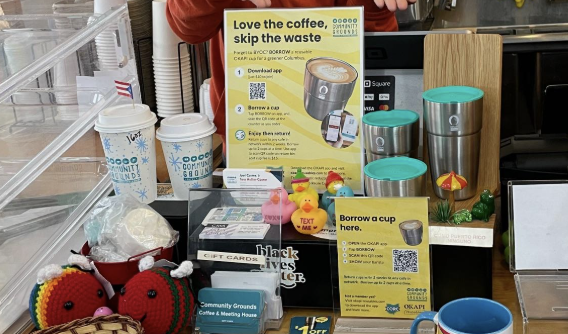











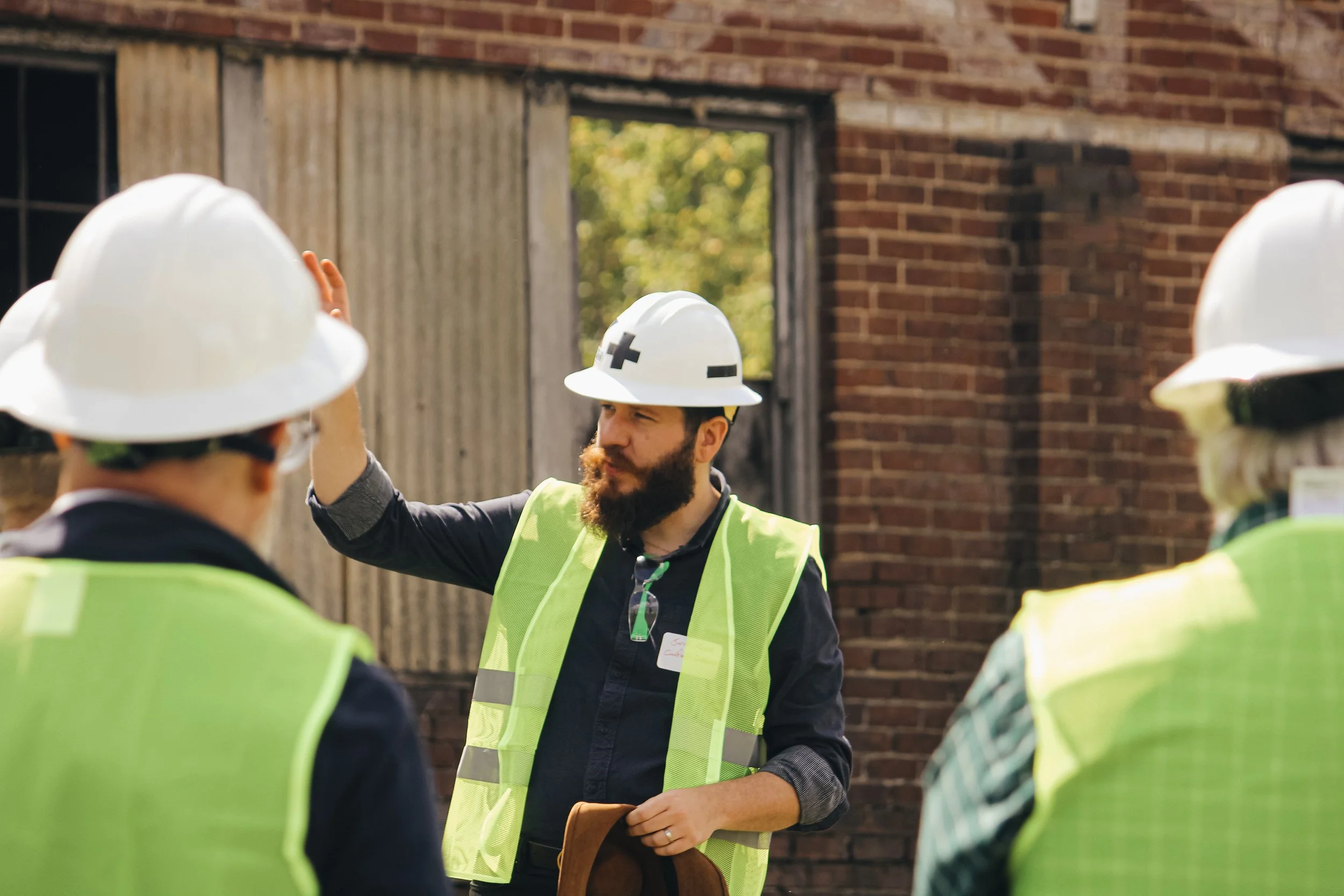



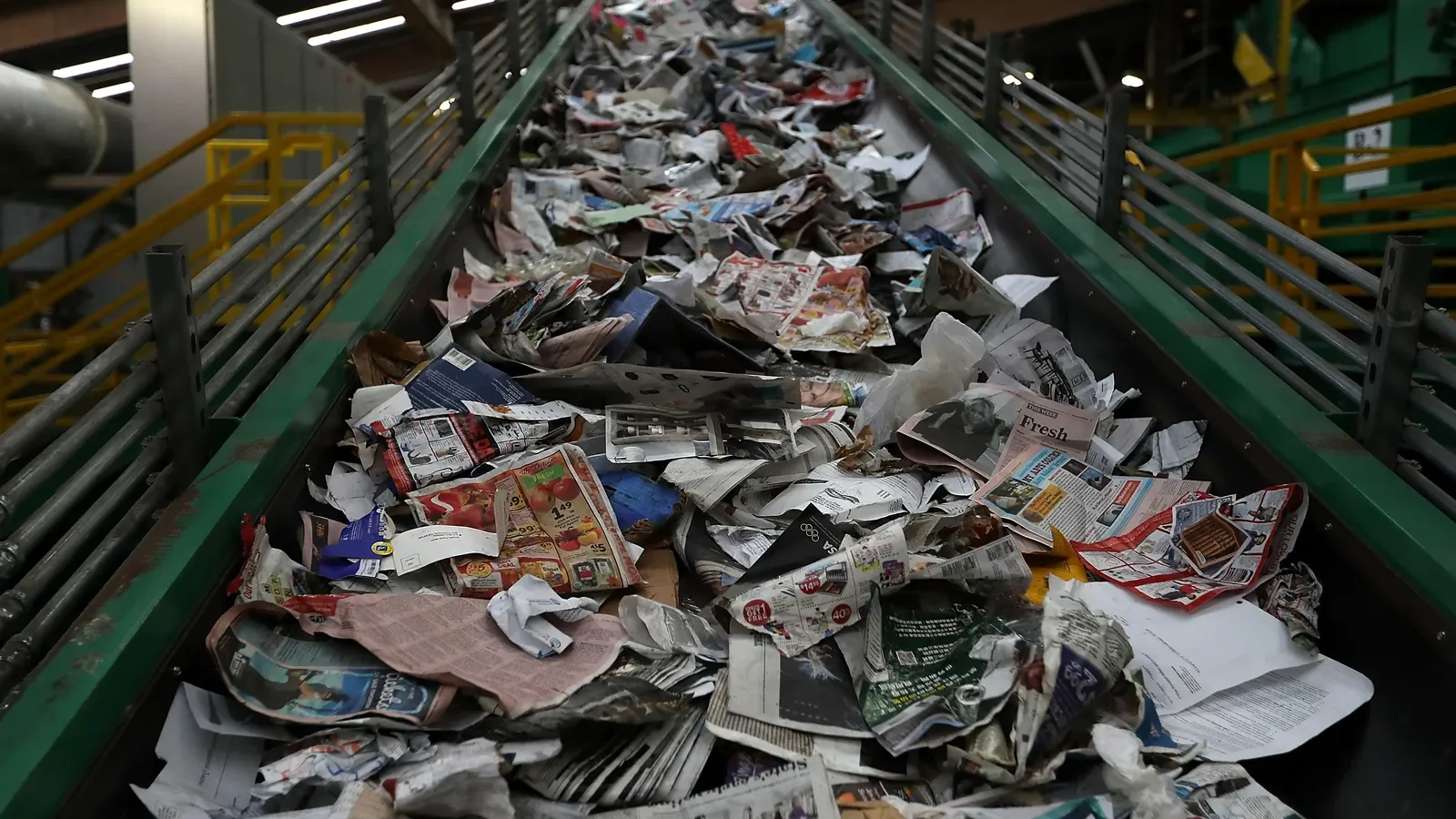
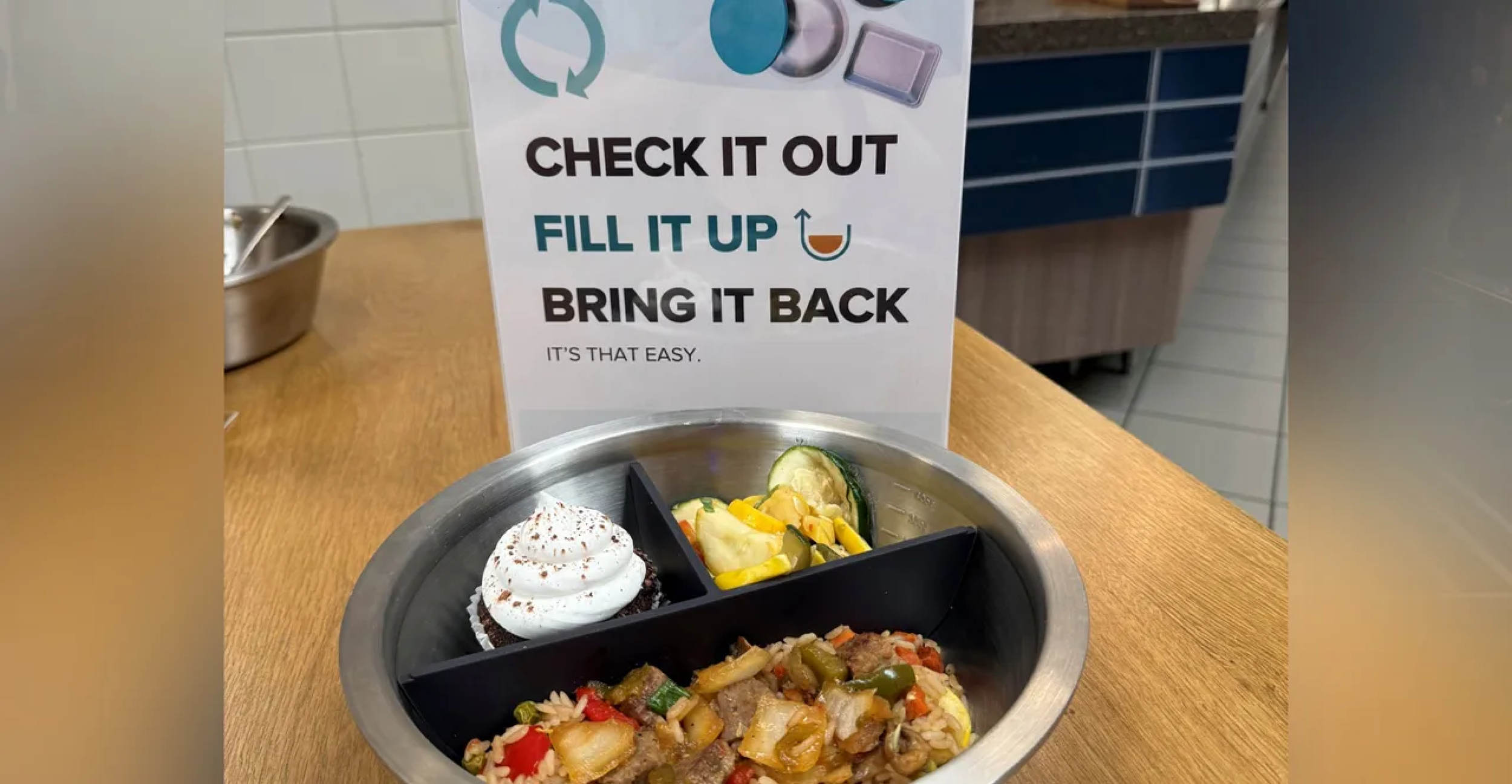
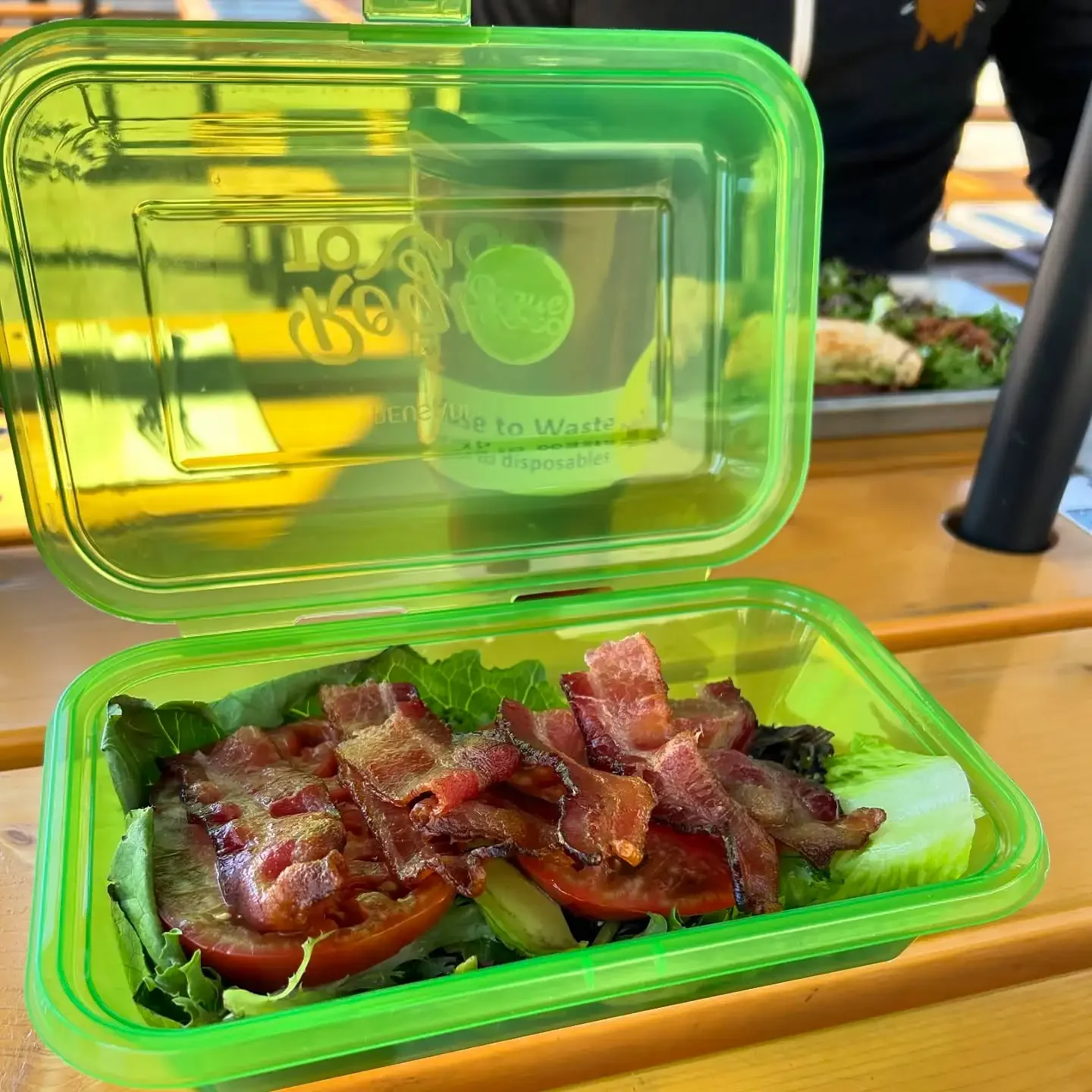












What to expect of a best-in-class producer responsibility organization (or, PRO) when it comes to supporting and planning for a transition to reusable packaging systems within EPR programs.
As packaging EPR gets off the ground in states across the US, the time is right to shine a spotlight on reuse. Upstream’s newest position paper breaks down exactly what to expect of a best-in-class producer responsibility organization (or, PRO) when it comes to supporting and planning for a transition to reusable packaging systems within EPR programs. Host Sydney Harris covers key points from the paper and facilitates a lively discussion with public policy expert Elizabeth Balkan, plus Emmaneulle Bautista and Valentin Fournel, special guests from Citeo—a French packaging PRO poised to launch a large-scale reusable packaging program with its member brands. If you’re curious about how to advocate or plan for reuse in packaging EPR programs, this recording is for you.
Resources:
Position Paper: Embracing Reuse in U.S. Packaging EPR Programs: Playbook for a Best-in-Class PRO
Upstream’s presentation deck
CITEO’s presentation deck
More information about CITEO’s program
The state of EPR policy in the US
Defining “reuse” in the policy context
Reuse service providers in the US & Canada
Zero Waste Europe: European Reuse Barometer